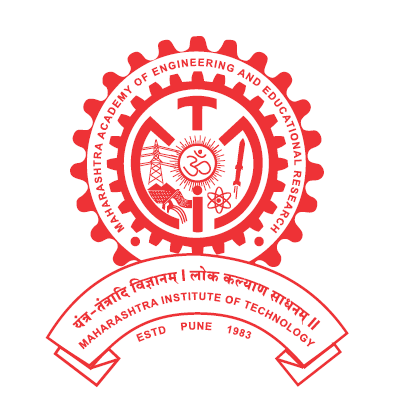Welcome to the Department of Electronics and Computer Engineering!
As the Head of this dynamic and innovative department, I am delighted to extend a warm welcome to all our students, faculty, staff, and visitors. Our department is dedicated to excellence in education, research, and the development of cutting-edge technologies that shape the future. Our mission is to equip students with the skills and knowledge necessary to excel in the ever-evolving world of technology.
The ECE program seamlessly blends the core disciplines of Electronics Engineering and Computer Science, offering students a holistic learning experience. Our graduates gain hands-on exposure to cutting-edge technologies such as IoT, Data Science, AI & Machine Learning, Mobile Communication, and VLSI, preparing them for Industry 4.0 and beyond.
The curriculum has been thoughtfully designed in collaboration with industry experts, ensuring that our students are ready to address real-world challenges with innovative and practical solutions. With advanced courses in areas like robotics, smart systems, electronic product development, and software design, we empower students to thrive in diverse career paths.
Our dedicated faculty, state-of-the-art labs, and industry-focused training foster a vibrant learning environment where students are encouraged to explore, innovate, and excel. We take pride in nurturing the next generation of leaders who will shape the future of technology.
I invite you to join us on this exciting journey to unleash your potential and contribute meaningfully to technological advancements.
The parents can repose full faith in the sincerity of purpose & devotion of the faculty for the sub-lime guidance bestowed on their words.
Finally I would like to assure that MIT College of Railway Engineering and Research is a continuous possibilities, an unique & empowering space for the students to develop themselves.
With a lots of Best Wishes..
Hon.Shashikant S. Sathe
Head of Department
Electronics and Computer Engineering

